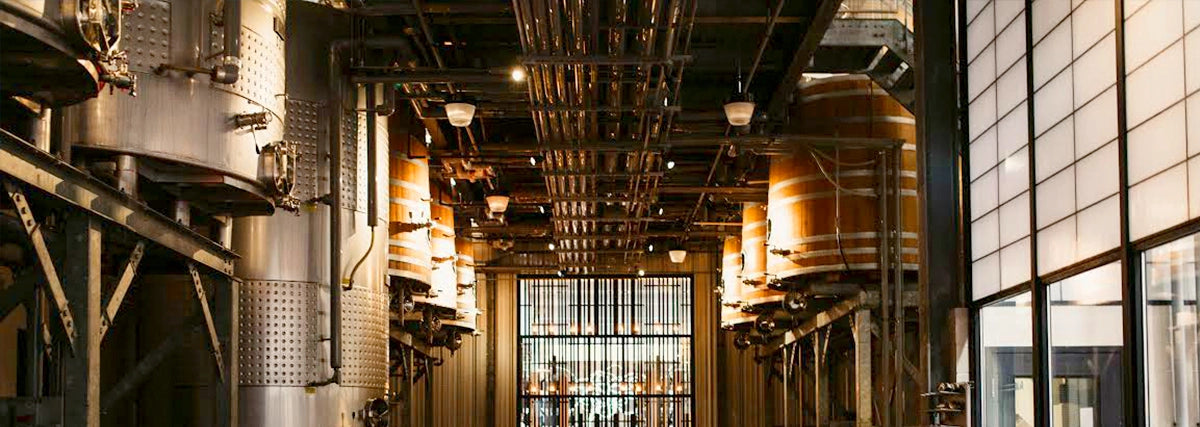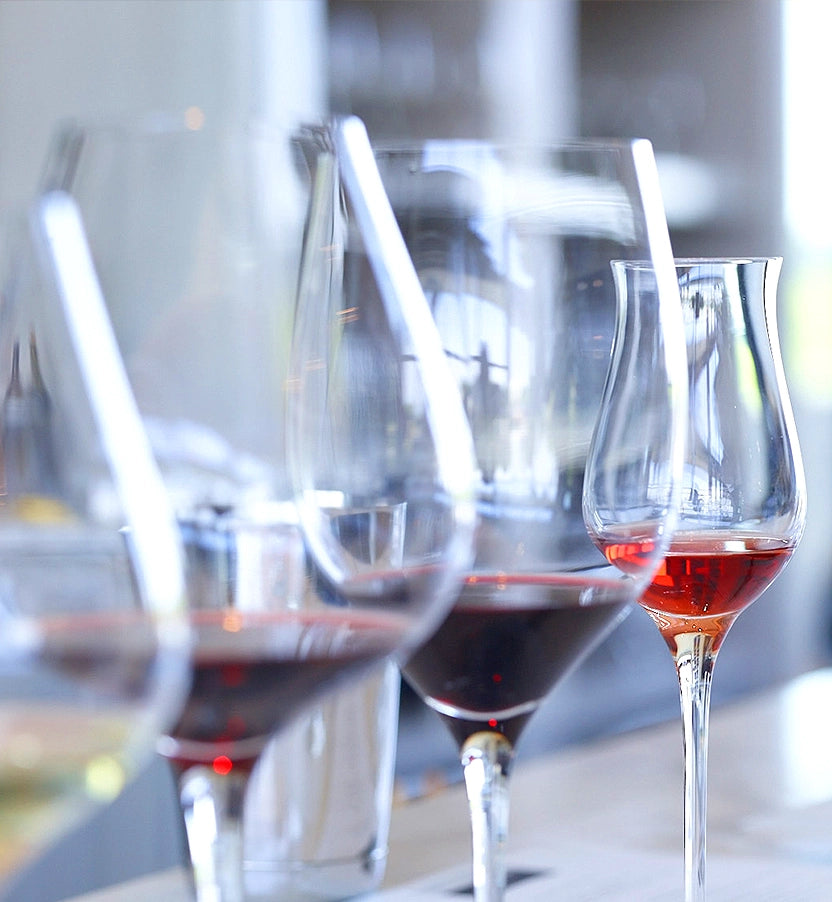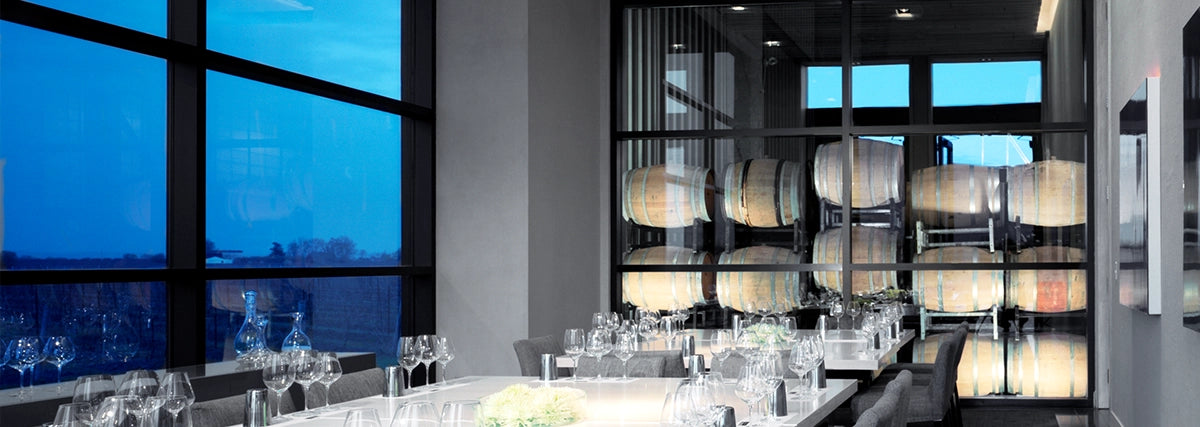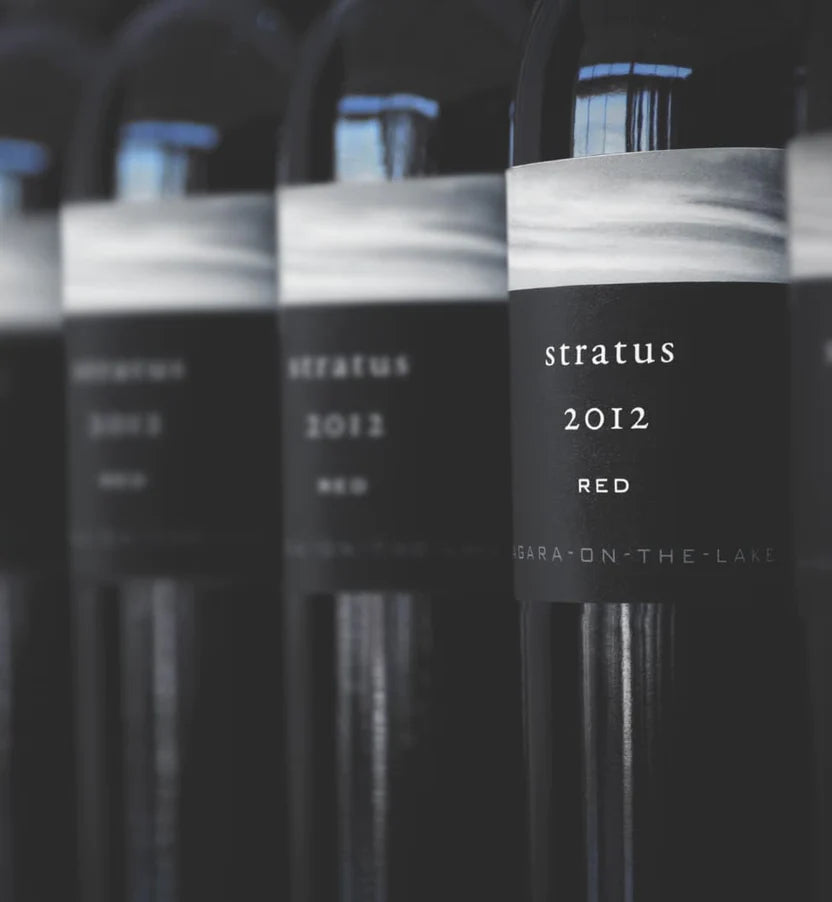Winery
Purpose-built. Pump-free. Gravity-flow.
We had a vision – to make wines of outstanding quality right in our own backyard in Niagara. We wanted a wonderful environment, so that people who visited our winery to taste our exceptional wines would have a total experience that was out of this world. And we wanted the winemaking process, the winery and the rest of our facility to operate in accordance with the most sustainable and environmentally friendly practices possible.”

